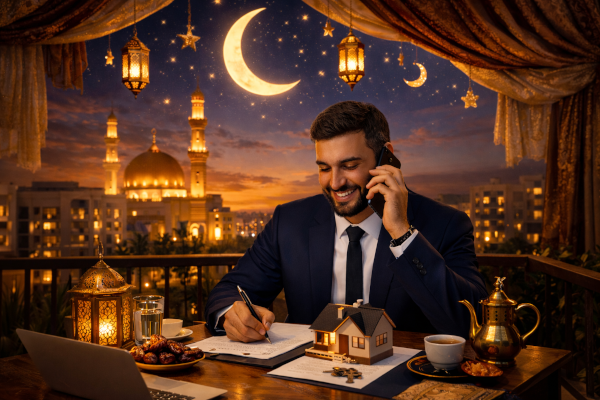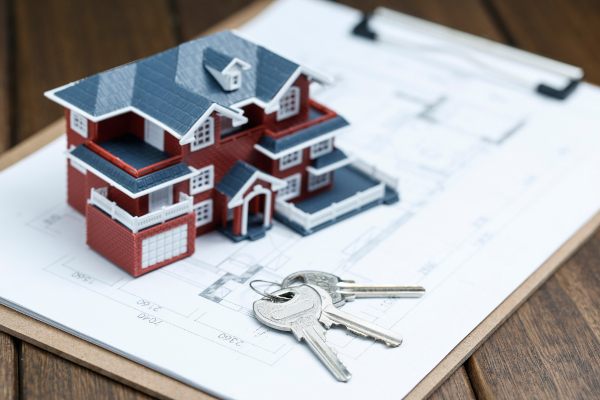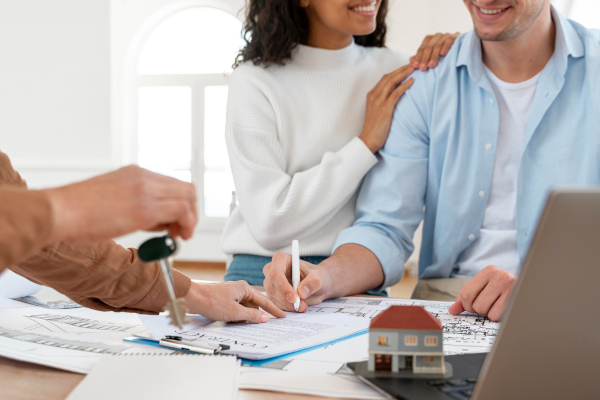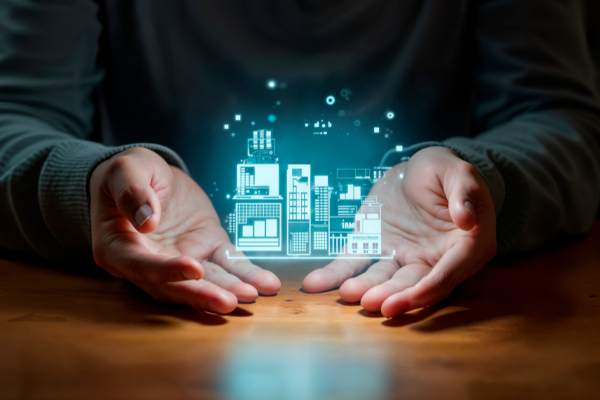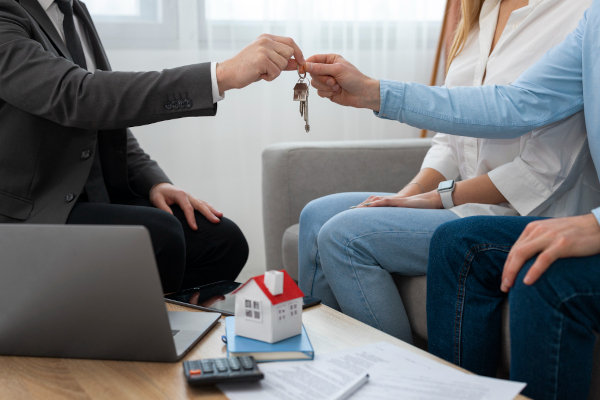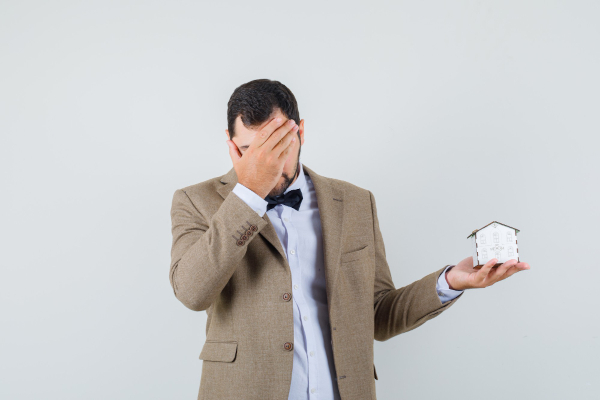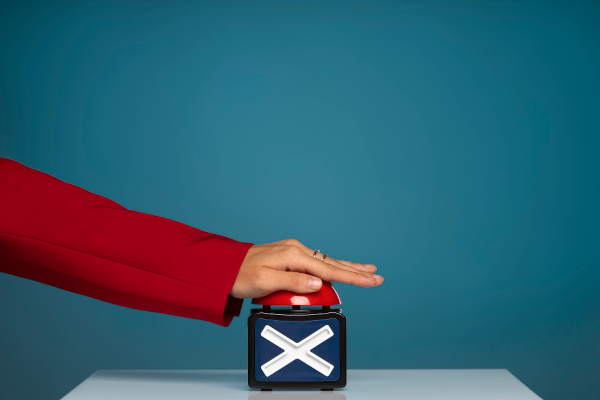Eco-revolution in skyscrapers: Dubai's greenest new buildings
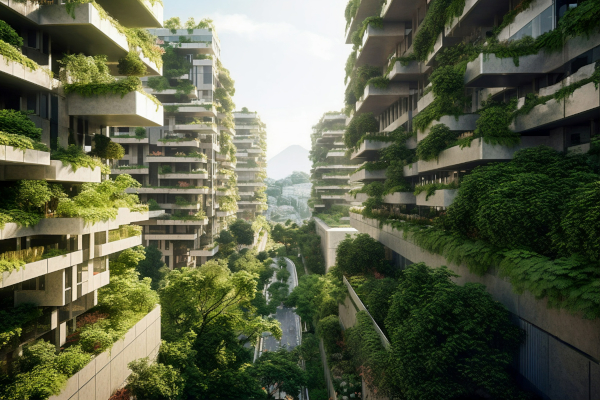
Dubai, known for its luxurious skyscrapers and innovative projects, is increasingly implementing sustainable development principles. In 2025, the city continues to surprise with new residential complexes that combine comfort, technology, and environmental awareness.
In this review, we have compiled a list of the five greenest new buildings in Dubai that change the concept of modern housing.
Given the growing interest in ecology, the elegant low-rise complex Sama Yas has appeared on Yas Island. The luxurious apartments, duplexes, and penthouses here are finished with premium eco-friendly materials. The complex features spacious parks and sports grounds, as well as a fitness center and spa. The energy-saving system and waste recycling ensure a sustainable and healthy lifestyle.
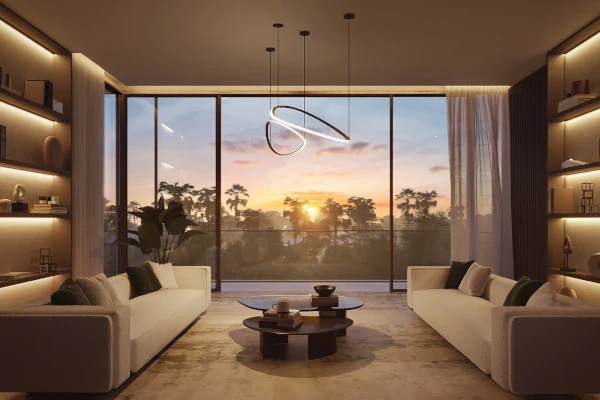
Handover: Q2 2027
Price: from AED 5,871,936
Fact 1: Solar panels are increasingly being used to power buildings, reducing dependence on traditional sources and lowering carbon emissions.
New standard in urban living that combines elegant style with environmental sustainability. Located next to the waterfront, the project includes recreation areas, playgrounds, bike paths, and a skate park. The building was constructed using advanced green technologies: self-tinting windows, energy-efficient systems, multi-stage waste recycling, and smart lighting. Its proximity to Dubai Creek Harbour and the area's developed infrastructure ensure a comfortable lifestyle.
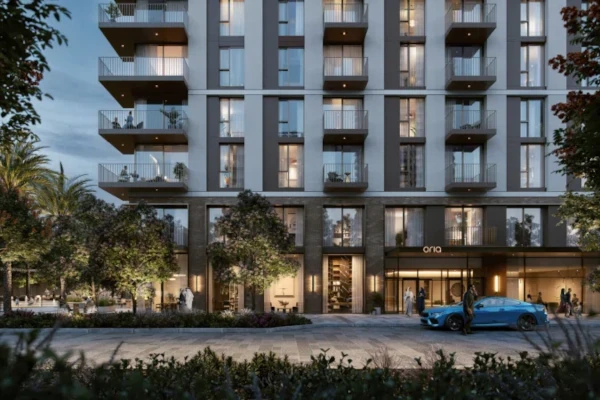
Handover: Q2 2027
Price: from AED 2,860,000
Fact 2: Innovative systems allow rainwater to be collected and used for watering green spaces and other needs, reducing drinking water consumption.
In the green, clean area of Damac Hills, there is an exclusive complex with spacious villas offering a combination of suburban tranquility and proximity to urban infrastructure. The residences feature thoughtful landscaping, high-quality finishes using natural materials (Greek marble, wood, Italian tiles), large double-glazed windows for noise insulation and energy efficiency, underground garages, and built-in elevators. Proximity to parks, a golf club, shopping centers, and schools, as well as a convenient location relative to major transportation hubs, make Utopia an ideal place to live.
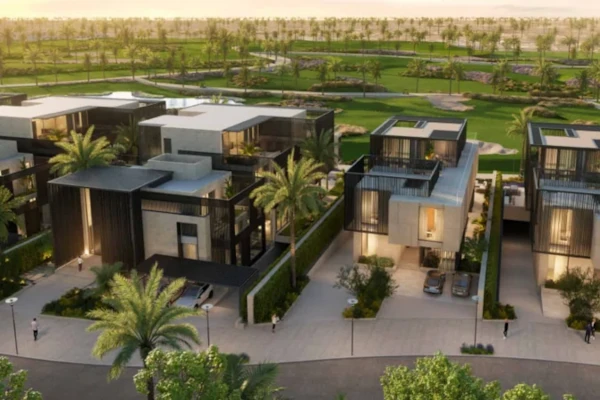
Handover: Q4 2026
Price: from AED 24,112,000
Fact 3: Vertical gardens and green walls are becoming a popular design element, improving air quality and creating a more pleasant urban environment.
Elegant residential complex where the dynamics of the metropolis blend harmoniously with nature. A well-thought-out interior design concept using wood and marble, panoramic windows, and spacious balconies create a feeling of lightness and openness. The project offers swimming pools, a relaxation area overlooking the park, as well as running and cycling tracks. Its convenient location provides easy access to Dubai's main attractions.
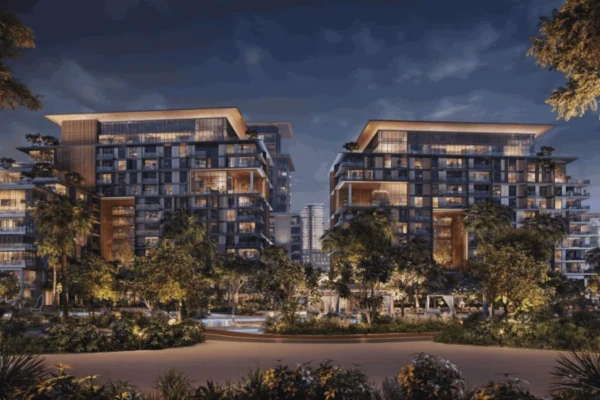
Handover: Q4 2028
Price: from AED 16,436,000
Fact 4: Many new buildings in Dubai are equipped with green roofs, which help to reduce indoor temperatures, reduce rainwater runoff, and improve air quality.
Residential complex is located in the coastal area of the Ghantoot Reserve and offers luxurious residences finished with premium materials and panoramic windows that allow maximum natural light to enter. Naseem Al Jurf harmoniously combines tradition and modern technology, including access to private beaches and Ghazal Park with swimming pools and recreation areas. Its picturesque location in an eco-friendly area and proximity to the main transport arteries of Abu Dhabi and Dubai ensure a comfortable lifestyle.
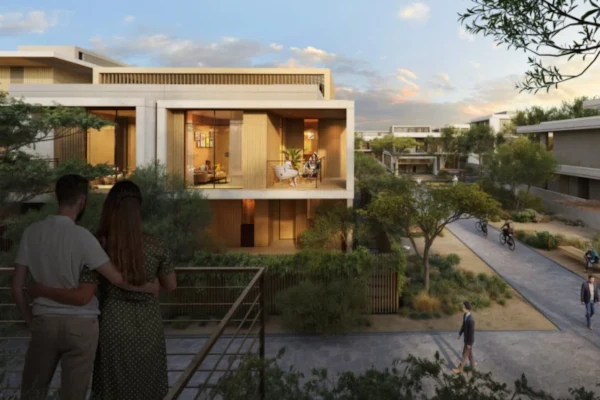
Handover: Q1 2028
Price: from AED 1,796,777
Fact 5: Many new projects in Dubai aim to obtain LEED (Leadership in Energy and Environmental Design) certification, confirming their compliance with high environmental standards.
Conclusion
The real estate market in Dubai showes impressive growth in the eco-friendly housing segment. The above projects strike examples of the successful combination of luxury and sustainability. Priority is given to energy-efficient technologies and the creation of well-maintained green areas, reflecting both the global trend towards conscious consumption and the desire for a healthier and more sustainable lifestyle in a modern metropolis.
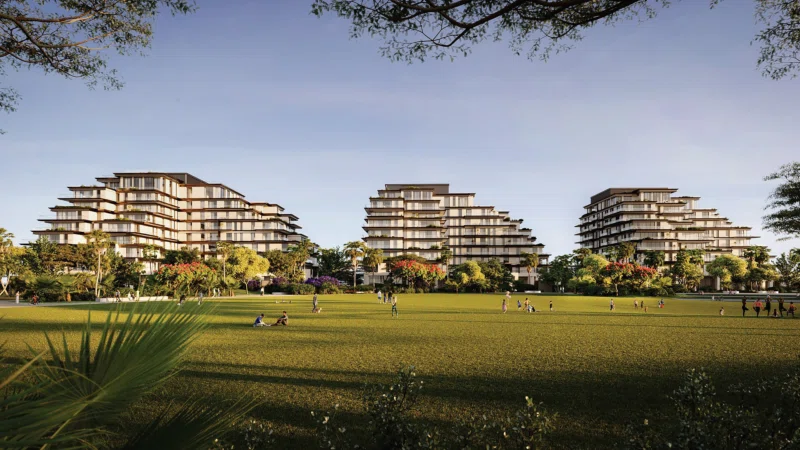
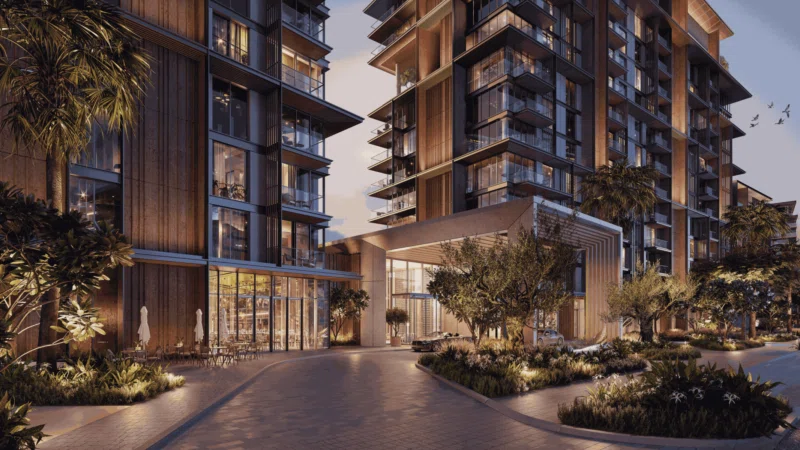
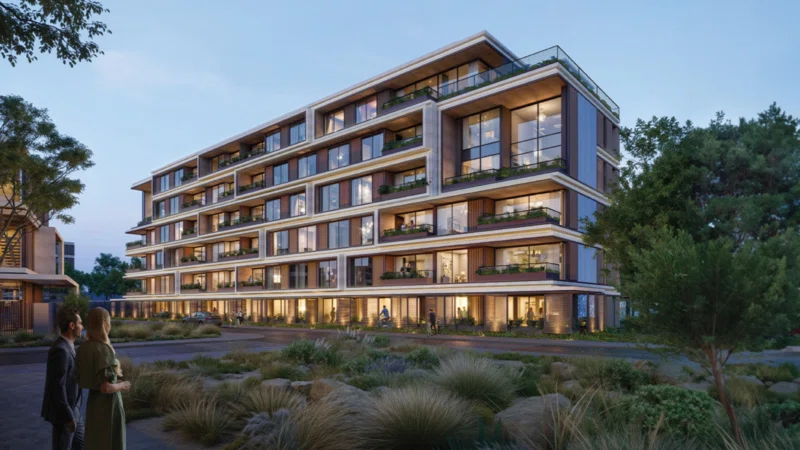

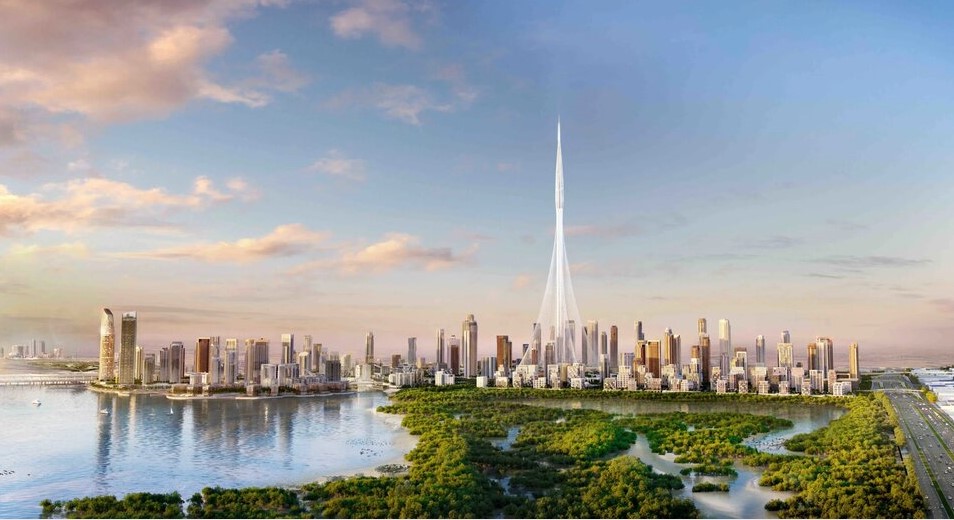
%2520(1).jpg)
